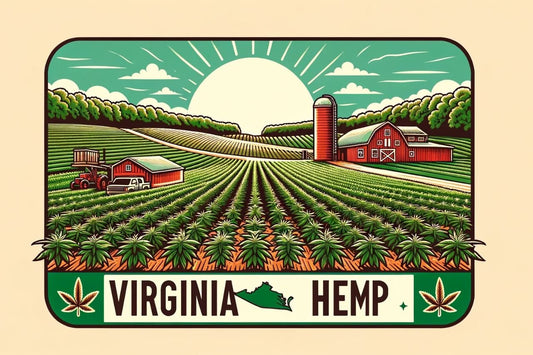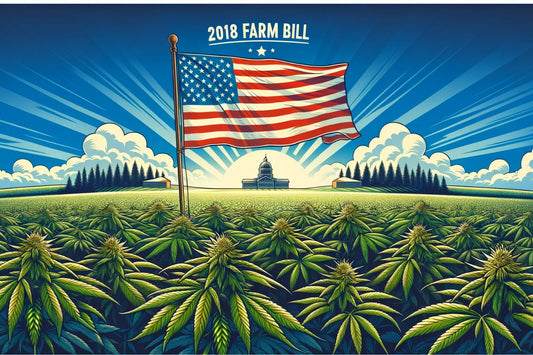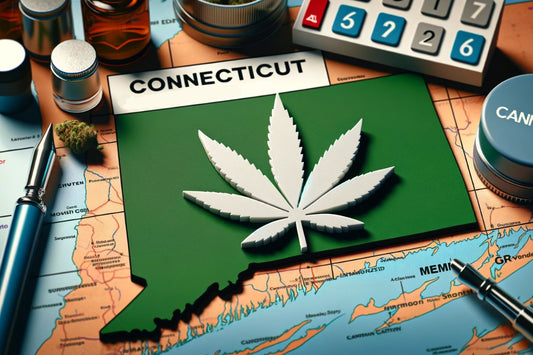Decoding the impact of legal marijuana on adolescent use
With a keen eye on societal trends and policy impacts, I've been following the evolving dialogue around cannabis legalization closely. A pivotal piece of research has emerged, indicating that the legalization and subsequent retail sales of marijuana are not correlated with increased use among adolescents. This finding, drawn from an analysis comparing trends in states with varied legal stances on cannabis, marks a critical milestone in our understanding of legalization's broader implications.
A closer look at the data
The study's focus was on the comparison between Nevada, where marijuana retail sales are permitted, and New Mexico, where they are not. The findings were clear: there was no significant increase in cannabis use among middle school students in Nevada compared to New Mexico. These insights align with a growing body of research suggesting that the legalization of cannabis does not inherently lead to increased usage rates among younger populations.
Understanding the broader context
This revelation is crucial, especially for those concerned about the potential for increased cannabis accessibility to lead to higher rates of use among teens. The data suggests that regulated adult-use markets are not contributing to increased adolescent use, pointing instead to the effectiveness of regulatory and educational measures accompanying legalization efforts.
Cannabis policy and youth safety
As we navigate these findings, it becomes increasingly apparent that the conversation around cannabis, particularly concerning our youth, is nuanced. The data from this study not only challenges common apprehensions surrounding legalization but also reinforces the importance of crafting policies that prioritize education and safe access. It's a reminder that in the realm of drug policy, assumptions must always be checked against empirical evidence.
Personally, witnessing the unfolding of these discussions and the gradual dispelling of myths around cannabis use is both fascinating and hopeful. It underscores the critical role of informed policymaking in safeguarding our communities while acknowledging the complex dynamics at play. As we move forward, continuing to unravel the intricacies of cannabis legalization and its societal impact remains a priority for me.










